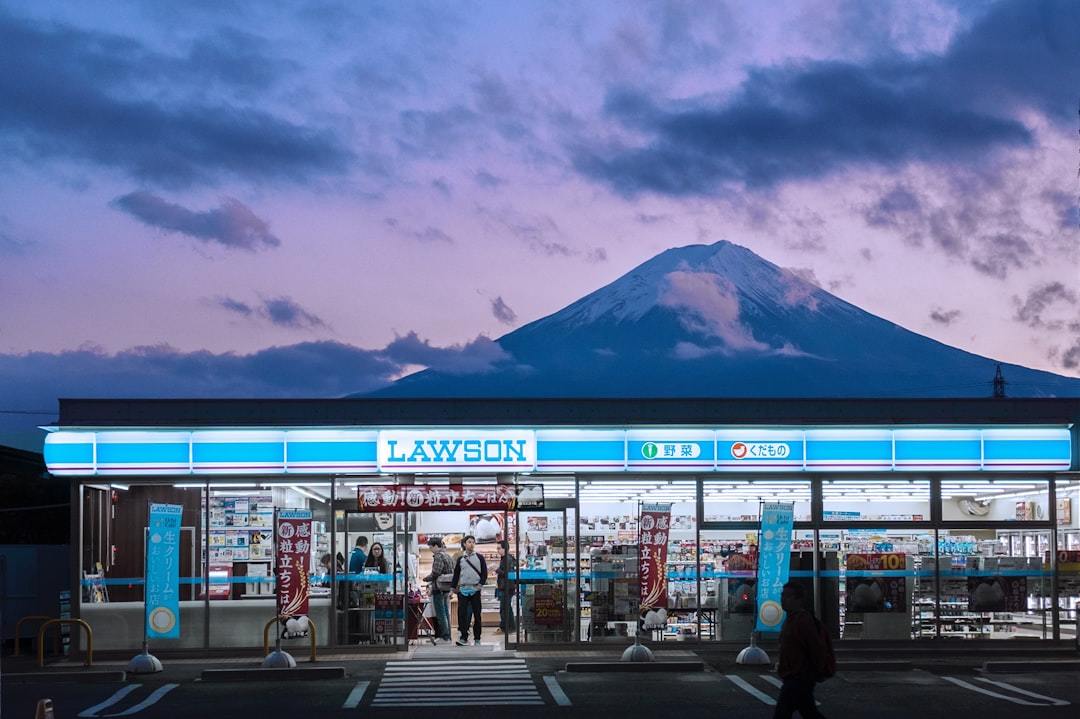So, you’re thinking about franchise stores. It’s a big decision. Whether you’re a seasoned investor or a first-time entrepreneur, a franchise opportunity might seem overwhelming. This guide will simplify franchise stores, from the basics to finding the perfect fit for your business opportunities.
Table Of Contents:
- What is a Franchise, Anyway?
- Why Consider Franchise Stores?
- Exploring Different Types of Franchise Stores
- How Much Does a Franchise Cost?
- Navigating the Franchise Agreement
- Finding the Right Franchise for You
- Conclusion
What is a Franchise, Anyway?
A franchise is a business arrangement where a company (the franchisor) lets an individual (the franchisee) run a business using its brand and systems. Think fast-food chains or mailbox stores. Many of these are franchise stores under a known brand.
Why Consider Franchise Stores?
Franchising offers advantages, especially for new business owners. Brand recognition attracts customers. Established franchise stores offer a proven business model, training support, and expert advice. This helps smooth the challenges small business owners often face.
The International Franchise Association projects 821,000 franchise businesses in the United States this year. This growth spans various industries. From fast food to specialized business services franchises, franchising opportunities abound.
This signals both franchising opportunities and competition. Selecting the right opportunity is important for maximizing franchisee benefits.
Exploring Different Types of Franchise Stores
Many business categories exist in franchising. Restaurant franchises are numerous. Retail giants offer scale. The services sector includes commercial cleaning to real estate services.
If low investment entry appeals, Franchise Business Review highlighted low-cost businesses under $15,000. Consider these factors as we delve into the franchise industry.
Restaurant Franchises
Restaurant franchises are dominant. The “fast casual” segment is growing. Consider Dave’s Hot Chicken, a newcomer with impressive gains due to social media marketing.
Perhaps your dreams lean towards baked goods. With brands like Crumbl Cookies, maybe something sweet is the right recipe. Remember, competition and brand expectations are high for restaurant franchises.
New or familiar restaurant brands require due diligence. Carefully examine the franchise model and market opportunity before making a decision.
Retail Franchises
From convenience stores to clothing boutiques, retail franchise opportunities abound. Familiar names like 7-Eleven and Ace Hardware offer an established audience.
Examine how technology integrates into the franchise plan. This can be important for gaining repeat customers. Many new retail franchises already embrace these innovations.
Service Franchises
Service franchises range from automotive repair and salon suites to commercial cleaning. Consider brands like Corvus Janitorial Systems, featured in Entrepreneur’s Top Low-Cost Franchise rankings. This brand offers a lower initial investment, making it a potentially rewarding opportunity.
How Much Does a Franchise Cost?
The average cost to open a franchise business is around $150,000, according to Franchise Business Review. While some food franchises require significant investment, the average includes many lower-cost franchises.
Opportunities exist at nearly any investment level. The average cost reflects expenses such as franchise fees and real estate. Additional costs are often associated with inventory, equipment, and marketing.
Consider these factors when exploring cost franchises and evaluating your available capital. Be sure to research and compare costs thoroughly to understand your financial obligations.
Navigating the Franchise Agreement
A franchise agreement outlines legal requirements between franchise owners and the brand. Be aware of implications within these agreements. Beyond the typical five to twenty-five-year length, the agreement sets parameters you must adhere to.
Understand the terms and conditions before signing. Seek legal advice if needed to ensure the agreement aligns with your business goals.
Finding the Right Franchise for You
Consider your skills, passions, and available territories. Think about how running a franchise will fit your life and goals. Some brands prioritize growing existing locations for established franchise owners. This can be a good path if multiple store ownership interests you.
Leverage the franchisor’s wisdom. Find where their goals overlap with yours. This alignment is crucial for long-term success and a truly rewarding opportunity.
Seek guidance and training support. Expert advice from experienced franchise owners can provide invaluable insights into running a successful franchise business.
Conclusion
Franchise stores offer potential and require commitment. This process begins with due diligence regarding your potential franchisor partners. Evaluate market factors, including cost of entry and industry conditions.
Assess short-term risks and long-term potential. Consider the franchise fee, required cash, and ongoing costs. Research franchise business reviews and consult with current franchise owners. These steps are key to finding the best franchising opportunities.
Choosing the right franchise sets the path to a solid start as an owner. Use the knowledge gained from this ultimate guide to navigate the complexities of franchising. Begin your dream vacations or your path to business ownership.
Subscribe to my LEAN 360 newsletter to learn more about startup insights.





